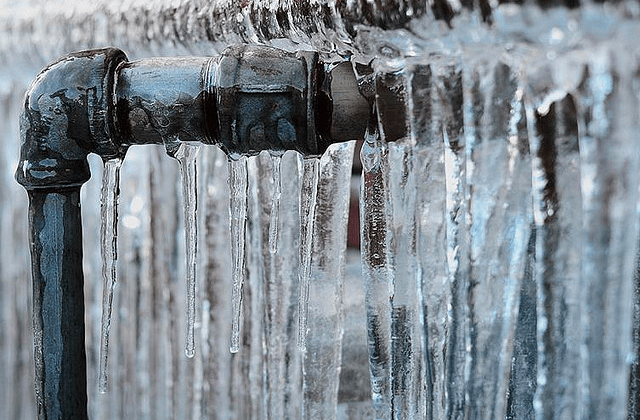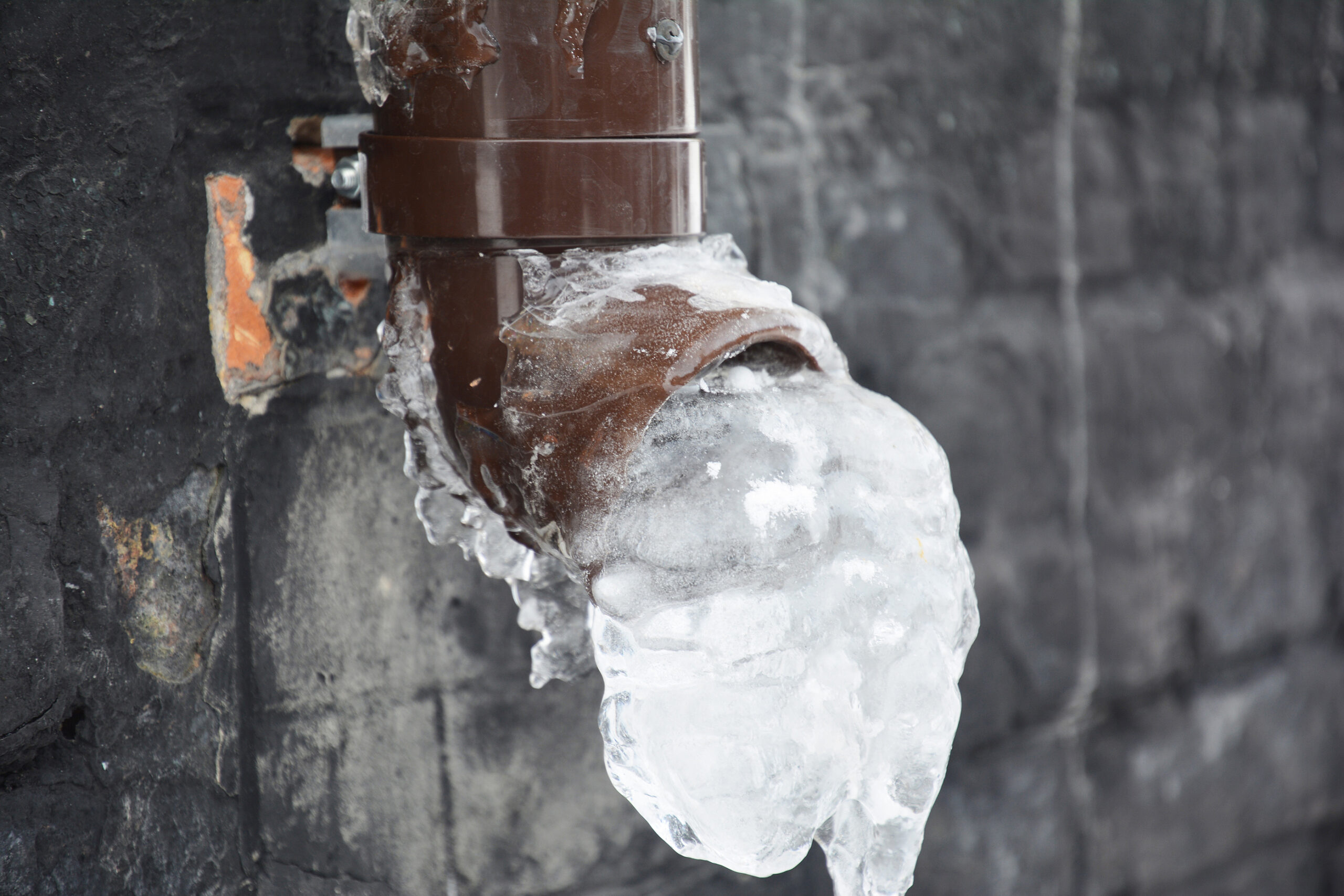Ways to Maintain Your Pipes from Freezing Issues: Essential Tips
Ways to Maintain Your Pipes from Freezing Issues: Essential Tips
Blog Article
What're your beliefs on How to Prevent Your Pipes From Freezing?

Cold weather can ruin your plumbing, specifically by freezing pipes. Below's how to avoid it from taking place and what to do if it does.
Introduction
As temperatures decline, the risk of frozen pipes boosts, possibly leading to expensive repair services and water damages. Understanding just how to prevent icy pipelines is vital for home owners in cool environments.
Recognizing Frozen Pipes
What causes pipes to ice up?
Pipelines ice up when revealed to temperature levels below 32 ° F (0 ° C) for extended durations. As water inside the pipes ices up, it broadens, putting pressure on the pipeline walls and potentially creating them to break.
Threats and problems
Frozen pipes can result in water supply disturbances, residential or commercial property damages, and costly repairs. Burst pipelines can flood homes and trigger extensive architectural damage.
Indications of Frozen Pipeline
Recognizing icy pipes early can prevent them from rupturing.
Exactly how to identify frozen pipes
Look for lowered water circulation from faucets, unusual odors or noises from pipes, and noticeable frost on revealed pipelines.
Prevention Tips
Shielding vulnerable pipes
Wrap pipes in insulation sleeves or use heat tape to safeguard them from freezing temperatures. Focus on pipes in unheated or exterior locations of the home.
Home heating strategies
Maintain indoor areas appropriately warmed, specifically areas with pipes. Open up closet doors to enable warm air to circulate around pipes under sinks.
Safeguarding Exterior Pipes
Garden hoses and outside faucets
Separate and drain pipes garden pipes prior to winter months. Install frost-proof faucets or cover outside taps with protected caps.
What to Do If Your Pipes Freeze
Immediate activities to take
If you think icy pipes, maintain taps available to alleviate stress as the ice melts. Use a hairdryer or towels soaked in hot water to thaw pipelines gradually.
Long-Term Solutions
Architectural modifications
Take into consideration rerouting pipelines far from exterior wall surfaces or unheated areas. Add additional insulation to attic rooms, cellars, and crawl spaces.
Upgrading insulation
Invest in premium insulation for pipes, attics, and walls. Proper insulation helps maintain regular temperature levels and lowers the danger of frozen pipelines.
Conclusion
Avoiding frozen pipelines requires aggressive actions and fast reactions. By recognizing the causes, signs, and preventive measures, home owners can safeguard their pipes throughout cold weather.
6 Proven Ways to Prevent Frozen Pipes and Protect Your Home
Disconnect and Drain Garden Hoses
Before winter arrives, start by disconnecting your garden hoses and draining any remaining water. Close the shut-off valves that supply outdoor hose bibs and leave the outdoor faucet open to allow any residual water to drain. For extra protection, consider using faucet covers throughout the colder months. It’s also important to drain water from any sprinkler supply lines following the manufacturer’s directions.
Insulate Exposed Pipes
Insulating your pipes is an effective way to prevent freezing. Pipe insulation is readily available at home improvement stores and is relatively inexpensive. Pay close attention to pipes in unheated areas such as the attic, basement, crawl spaces, or garage. Apply foam insulation generously to create a buffer against the cold. You can also wrap your pipes in heat tape or thermostat-controlled heat cables for added warmth.
Seal Air Leaks
Inspect your home for any cracks or openings that could let in cold air. Seal any holes around the piping in interior or exterior walls, as well as the sill plates where your home rests on its foundation. Additionally, make sure to keep your garage door closed unless you’re entering or exiting. Leaving it open creates a significant air leak that can lead to frozen pipes.
Allow Warm Air Circulation
During cold snaps, it’s essential to allow warm air to circulate evenly throughout your home. Leave interior doors ajar to promote better airflow. Open kitchen and bathroom cabinets to help distribute heat consistently around the rooms. If you have small children or pets, be sure to remove any household chemicals or potentially harmful cleaners from open cabinets for safety.
Let Faucets Drip
A small trickle of water can make a big difference in preventing ice formation inside your pipes. When temperatures drop significantly, start a drip of water from all faucets served by exposed pipes. This continuous flow helps prevent the water from freezing. Additionally, running a few faucets slightly can relieve pressure inside the pipes, reducing the chances of a rupture if the water inside does freeze.
https://choateshvac.com/6-proven-ways-to-prevent-frozen-pipes-and-protect-your-home/

I ran across that piece of writing on Helpful Tips to Prevent Frozen Pipes this Winter when doing a lookup on the internet. Do you know anybody else who is fascinated about the subject? Do not hesitate to share it. Thank-you for going through it.
Get A Free Quote Report this page